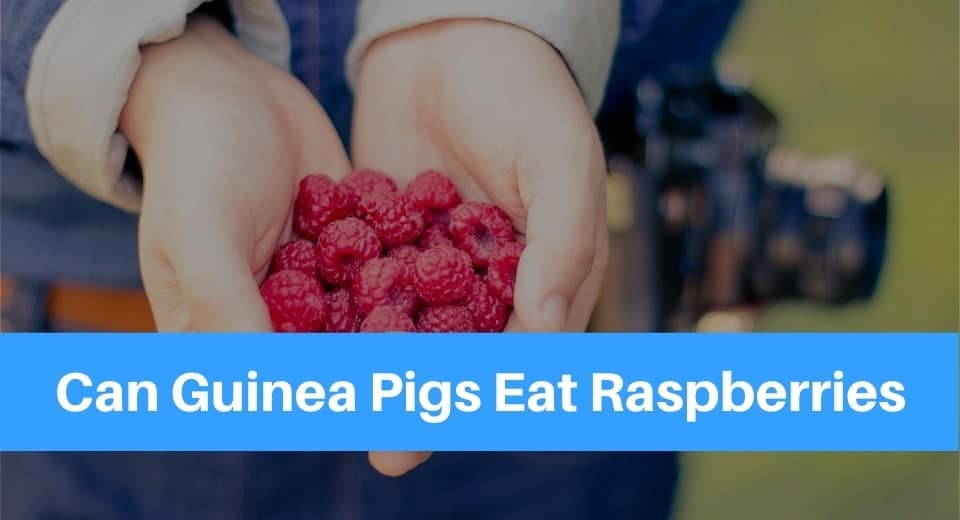Proper nutrition is essential when it comes to your little friend’s health. There are the best dog food for senior canines, and then there are your cavies. Guinea pigs are herbivores, so they need to eat food of plant origin, rich in all of the necessary materials. Dry hay is the base of their diet and for this reason must always be available.
Guinea pigs love fruits and vegetables, which are also recommended as an important part of their diet. Raw fruits and vegetables provide important minerals and vitamins and also help them to sharpen their constantly growing teeth.
Healthy diet for guinea pigs
Basis of a healthy guinea pig’s nutrition consist of commercial pet food, hay and raw fruits and vegetables. Dry food from pet stores contains all the necessary minerals and vitamins they need and hay helps them to keep their growing teeth in a good shape. Guinea pigs also need fresh and clean water, poured in a heavy bowl, because of a playful nature of your pet. The water must be changed every day.
Fresh fruits and vegetables are important part of a guinea pig’s diet. It is rich in vitamins, especially in vitamin C. As guinea pigs can not naturally synthesize this essential vitamin, you should provide it through the food they consume on a daily basis. Lack of vitamin C can cause the disease, scurvy. Guinea pigs can eat almost all of the fruits and vegetables from humans menu. They can eat apples, carrots, beets, broccoli, cabbage, pears, peaches, bananas, cucumber, celery, etc.
However, you should be carful with the fruits and some vegetables that are higher in sugar content, because a large amount of it can lead to digestive problems and unnecessary weight gain, as well as other more serious health issues.
Raspberries on the menu
Dark and red colored fruits proved to be very popular with guinea pigs. Our playful little friends are extremely voracious animals and they can be very persuasive when it comes to sweet, juicy berries like raspberries and blackberries. Many owners would like to be sure if it is ok or not to feed them with berries, since they obviously love it.
Let see into raspberries nutrition facts, before we decide whether it is a good choice for your cheerful little pet or not. Raspberries nutrition facts per 100 gr are the following.
- 52 calories
- 1 gr protein
- 12 gr carbohydrates
- 4 gr sugar
- 7 gr dietary fibers
- 26 mg vitamin C
- 0,05 mg vitamin B6
- 08 vitamin E
- 29 mg phosphorus
- 151 mg potassium
- 22 mg magnesium
Raspberries are great resource of vitamin C, but they also contain sugar, as well as most of the other berries. Feeding your guinea pig too many raspberries could cause stomach problems and obesity, so it should be given only in a moderate amount. However, raspberries contain less sugar comparing to other fruits, so they are on the top of the guinea pig’s menu, when it comes to the fruits and treats. Raspberries are flavorful and juicy, but not as sweet as some other food.
So, it is completely ok to give your guinea pig a moderate amount of raspberries once in a while, even more often then other fruits. Small quantities of these juicy and delicious berries are nutritional for your pet. Raspberries should always be given raw, not frozen or processed. They can also eat raspberry leaves. Leaves can be given in larger quantities and more often for they do not contain sugar. Just make sure that the fruit and its leaves haven’t been treated with chemicals. Before serving, wash them thoroughly with fresh water.
Read about guinea pigs and potatoes next.

